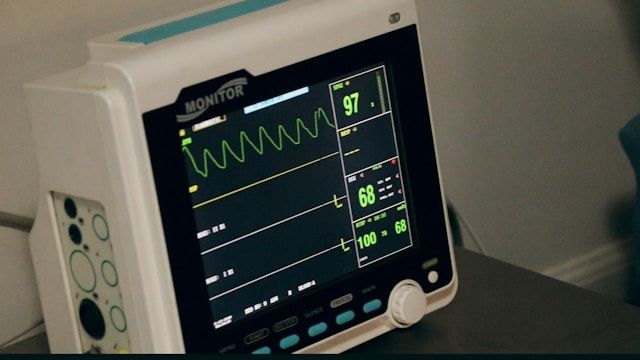Research shows heightened risks of heart attack, pneumonia, and other serious side effects from short-term use of antipsychotics in dementia patients
A recent study published in the BMJ has highlighted alarming risks associated with the use of antipsychotic drugs in dementia patients, revealing that even short-term use can significantly increase the likelihood of severe health complications. This extensive research, involving a sample of 174,000 individuals, underscores the dangers of these medications, which are often prescribed to manage agitation and psychosis in dementia sufferers.
Historically, antipsychotic drugs have been cautiously used due to their potential to increase mortality. However, the new findings indicate that the risks extend far beyond what was previously recognized. According to the study, just three months of antipsychotic treatment can raise the risk of heart attacks or heart failure by over 25%, double the risk of pneumonia, and significantly increase the likelihood of kidney problems and blood clots.
Embed from Getty ImagesThe study analyzed medical records from older adults in England diagnosed with dementia from 1998 to 2018. It found that those who were prescribed antipsychotics were much more likely to suffer from a variety of adverse health outcomes compared to those not taking the drugs. Specifically, the risk of developing pneumonia was doubled, and there was a 61% increased risk of stroke and a 43% higher chance of bone fractures.
Moreover, the research highlighted that the most significant risks occurred within the first week of treatment, suggesting that even brief exposure to these drugs can be harmful. This discovery is particularly concerning given the sharp increase in antipsychotic prescriptions during the COVID-19 pandemic, with a noted 50% rise in usage in care homes since 2018.
Prof. Darren Ashcroft from Manchester University, the senior author of the study, emphasized the necessity of balancing the potential benefits of antipsychotic treatments against their risks. He advocated for regular review of treatment plans in all health and care settings to ensure the safety and well-being of dementia patients.
Dr. Sheona Scales, director of research at Alzheimer’s Research UK, pointed out the critical need for treatments that can manage the distressing symptoms of dementia. While antipsychotics can sometimes be necessary for severe symptoms, the new findings suggest that the associated risks are more severe than previously understood.
Charles Marshall, a professor of clinical neurology at Queen Mary University of London, echoed the call for a reassessment of the use of antipsychotics in treating dementia, urging healthcare providers to consider alternative treatments and strategies to minimize harm.
